With input from the New York Times, Reuters, CNBC, the Wall Street Journal, AP, Bloomberg, and the Financial Times.
The Dutch government has hit pause on its dramatic takeover of Chinese-owned chipmaker Nexperia, easing a high-stakes dispute with Beijing that had carmakers around the world worrying about yet another chip shortage.
Economy Minister Vincent Karremans announced on Wednesday that the Netherlands is suspending its intervention at Nexperia after what he called “constructive talks” with Chinese authorities. The move effectively rolls back an earlier order under the Goods Availability Act, a Cold War-era law the Dutch dusted off in September to gain control over the company.
“We see this as a show of goodwill,” Karremans said in a statement posted on X.
He added in a letter to parliament that China now appears to be allowing companies in Europe and elsewhere to resume exports of Nexperia chips.
“This is an important step,” he wrote.
Nexperia is headquartered in the Netherlands but owned by Chinese tech group Wingtech. It doesn’t make fancy, cutting-edge processors — it makes the basic, low-margin chips that keep modern cars functioning: lights, airbags, windows, locks, braking systems. A single vehicle can need hundreds of them.
Most of the company’s wafers are produced in Hamburg, Germany, and other European sites, then shipped to Dongguan, China, where they’re packaged and sent on to customers worldwide.
When the Dutch government stepped in on Sept. 30, it said it was acting on national security concerns and fears that Nexperia’s technology could “become unavailable in an emergency.” The move also followed US pressure and export-control scrutiny of Wingtech.
Beijing hit back on Oct. 4 by blocking exports of Nexperia’s finished chips from China. That quickly rippled through the auto industry, with suppliers warning that assembly lines from Europe to North America could be forced to slow down or stop if the flow of components didn’t resume.
Wednesday’s Dutch decision doesn’t magically fix the whole mess, but it clearly lowers the temperature.
European Commission trade chief Maros Sefcovic welcomed the move, calling it “another key step in stabilising our strategic chip supply chains.” Major car and parts makers including BMW, Bosch and Aumovio said they were encouraged, even if it’s too early to say how quickly supply will normalize.
Some plants have already felt the pain. Bosch has reported disruptions at factories in Germany and Portugal, affecting thousands of workers. Other companies have warned they were heading toward “devastating” shortages if the Nexperia situation remained stuck.
For now, Nexperia’s Chinese operations are believed to be selling down existing stockpiles, providing temporary breathing room while the political and corporate fights continue.
Even as The Hague steps back, the internal tug-of-war over Nexperia is still very much alive.
- After the state intervention, Nexperia’s Chinese arm declared it was no longer under European management’s control.
- On Oct. 26, the European side responded by halting wafer shipments to China, citing non-payment.
- A Dutch court has also ordered the removal of former Nexperia CEO and Wingtech founder Zhang Xuezheng, citing alleged mismanagement.
Wingtech says those accusations are baseless and is now urging the Dutch economy ministry to withdraw its support for the court case, arguing that the legal proceedings themselves threaten the company’s continuity — and, by extension, Europe’s economic security.
Dutch authorities say they’re satisfied that China has taken steps to keep chips flowing, but they’ve made clear that talks will continue in the coming weeks. Nexperia, for its part, called the Dutch move a sign of “significant progress,” while warning that fully restoring the supply chain still requires cooperation from its Chinese entities.
Nexperia doesn’t make headline-grabbing AI processors or cutting-edge smartphone brains. It makes the cheap, reliable components that quietly sit inside cars and electronics and only become news when they run out.
This dispute — and Wednesday’s partial de-escalation — is a reminder of how deeply entangled global supply chains are, and how quickly political tensions between countries like China, the US and European states can turn a simple chip into a strategic bargaining chip.
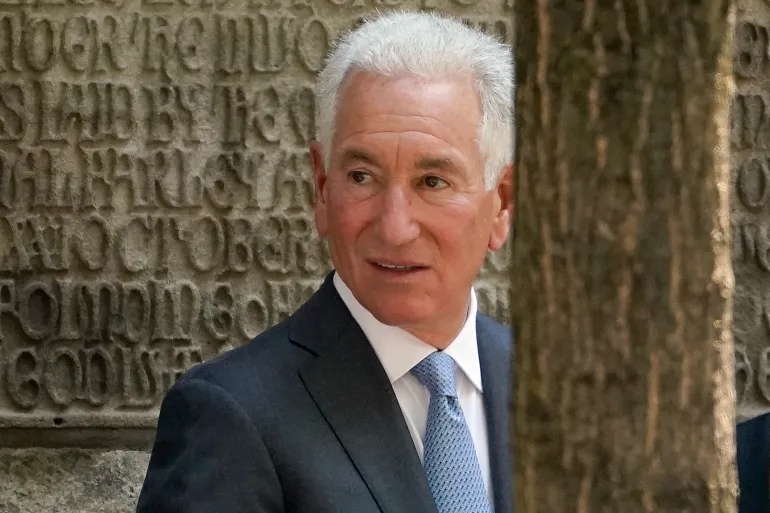
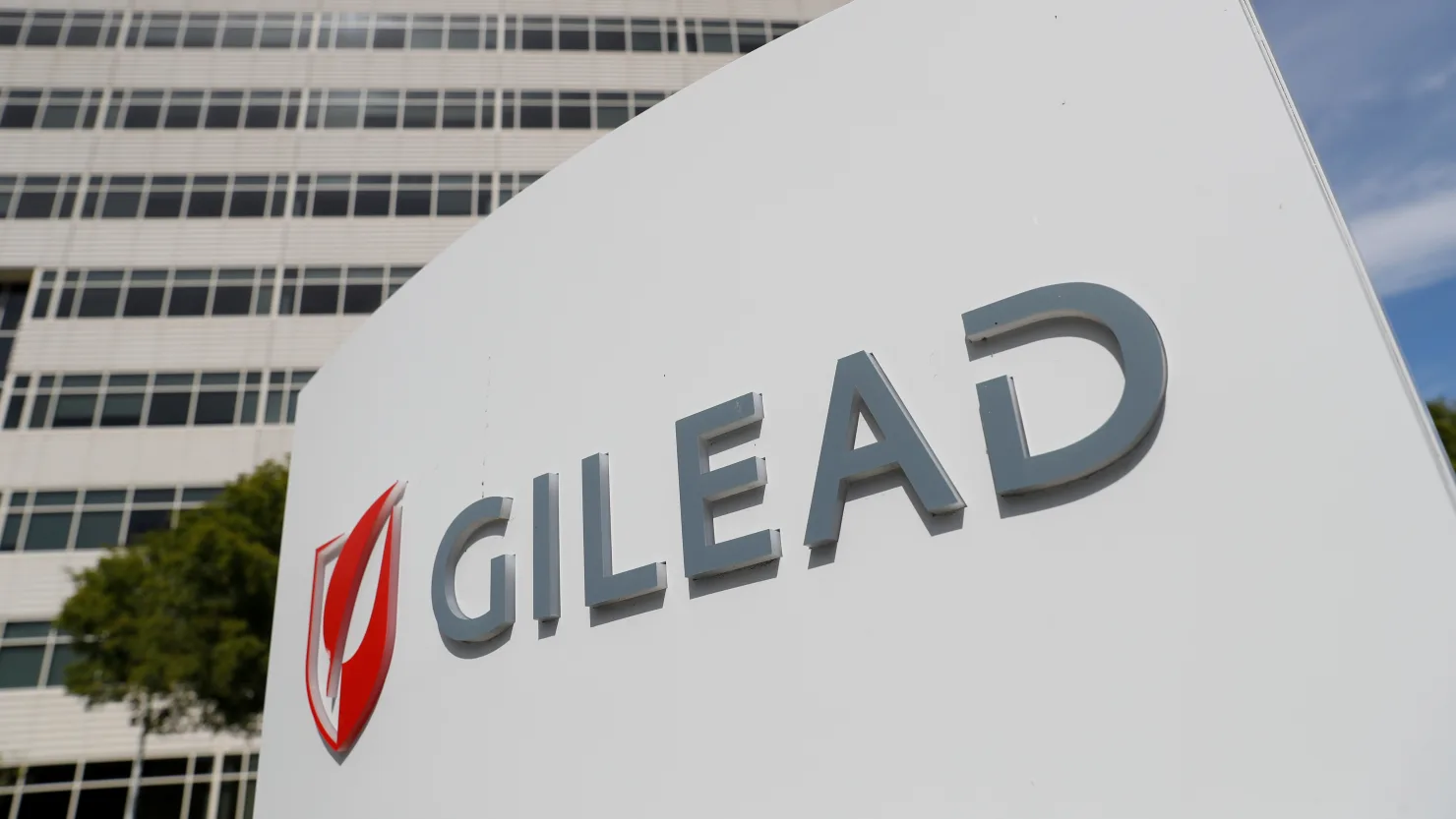

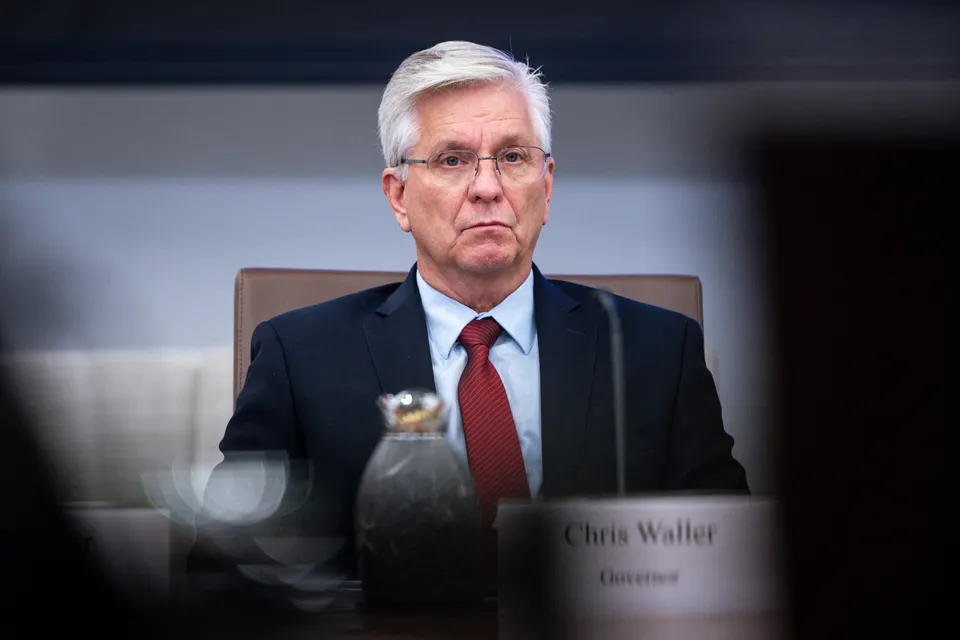
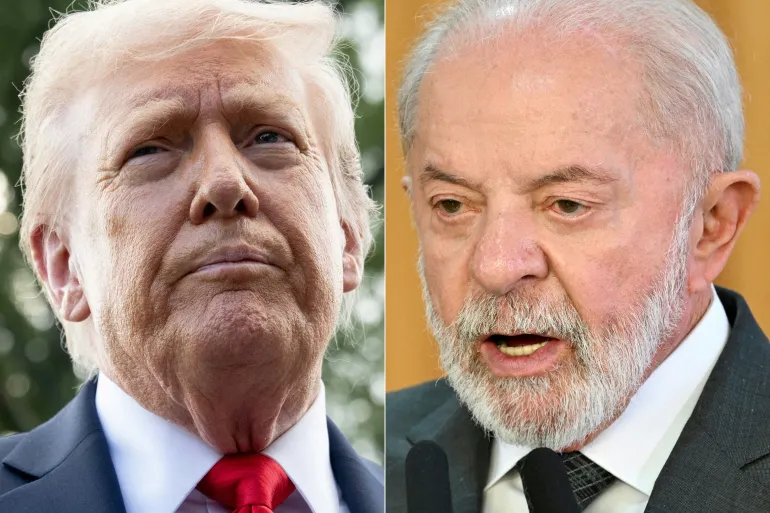
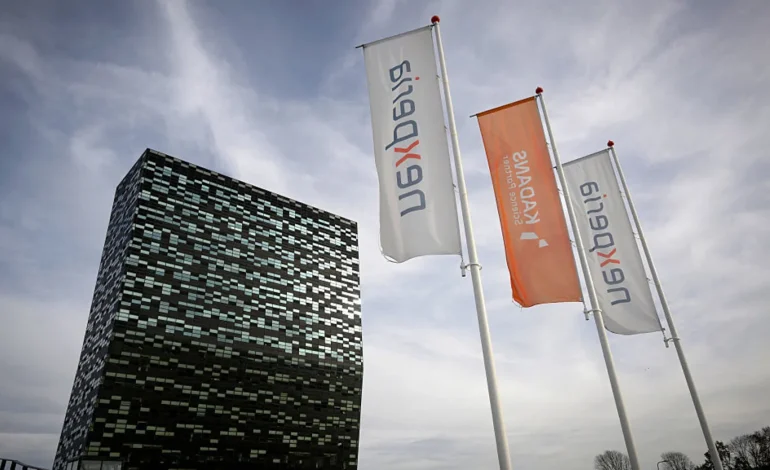




The latest news in your social feeds
Subscribe to our social media platforms to stay tuned